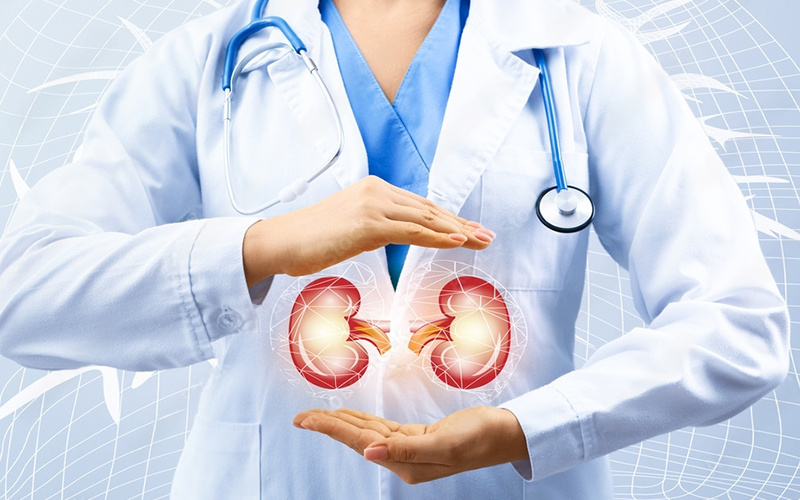Natural Disasters cause a huge impact on human life in general. This is no secret. However, it’s not just humans, there are material, economic and environmental losses and impacts which one has to put up with. What is more alarming is that when it comes to human health, the most vulnerable are those who suffer from chronic health conditions as the possibility of accessing emergency care including proper diagnostics and immediate treatment is greatly affected by these types of natural disasters that include earthquakes, flood, extreme weather or conflicts. The recent global pandemic has found its name on that list now too.
When we talk about Chronic Diseases, it is unfortunate to note that Kidney Patients form a bulk of those vulnerable worldwide. Non-communicable diseases like heart and lung diseases and chronic kidney diseases (CKD) still contribute to the leading causes of death and disabilities worldwide.
World Kidney Day celebrated every year is an ideal platform from where consistent and persistent efforts continue to be made in order to create a global awareness of the significance of kidneys and what are the conditions that can impact our kidneys coupled with who are the most vulnerable among the global population.
Recent examples like the Ukraine-Russia conflict, the earthquake in Turkey and not to forget COVID-19 have provided enough evidence of the challenges faced by the global healthcare system in providing immediate healthcare to patients suffering from non-communicable diseases like chronic kidney disease.
Chronic kidney disease can progress through to developing acute kidney failure and this will increase the global need for treatments like dialysis and transplantation.
The just seen-through global pandemic situation (though we cannot conclude that it is over for good) has tested the global healthcare system to no end. Non-communicable diseases are often incorrectly perceived as after-effects of poor lifestyle choices with policy deficits compounded by a poor budget allocation that is focused more towards management than prevention.
According to eminent Nephrologists and Kidney Specialists associated with NU Hospitals, the famous kidney care hospital of national and international repute based in Bangalore - India, since kidney diseases are seen occurring in tandem with other non-communicable diseases connected with the heart and lungs, there is an urgent need for a Public health policy that better reflects the opportunities in preventative strategies and the importance of both the magnitude and synergistic aspects of kidney disease as part of the Non-communicable disease burden.
This puts us in a position to stay alert and prepared for any unforeseen and unexpected events as far as kidney patients are concerned.
- There should be a clear understanding among policymakers to devise strategies and prioritize early detection and management of kidney diseases.
- Chronic Kidney Disease or CKD as it is more widely known is no less challenging and dangerous than any of the other diseases. Hence, healthcare services should provide adequate facility and priority-based care for patients with CKD as well.
- Managing non-communicable diseases including kidney diseases should be at the top of the agenda of any country’s governing body towards the prevention of severe complications in the future.
- Patients should also do their part and plan in advance for emergencies by preparing an emergency kit that includes food, water, medical supplies, and medical records.
This World Kidney Day, let us recommit ourselves to staying aware and taking care of our kidneys. Healthy Kidneys signal that your body is healthy. Care for your kidneys as they care for you too.

